When you think of intersectional media platforms in Chicago, who comes to mind? Where do artists with overlapping marginalized identities go to produce their work and share their stories through creative media, film, and T.V.? Where can you listen to creatives share raw advice about their experiences in this industry while navigating being in the minority?
If your answer was distribution platform Open Television (OTV), then your required viewing for this pride month is the Filmmaking While Femme: Roundtable Talk, if you haven’t watched it already.
“There’s a lot of different discussions that are happening virtually. There’s the Instagram Lives, the Twitch, the Zooms,†says Sarah Minnie, Head of Artist Development and Production at OTV. “There’s so many things that are happening, and we want to be intentional with the space we’re creating on our platform and with each one we engage on.
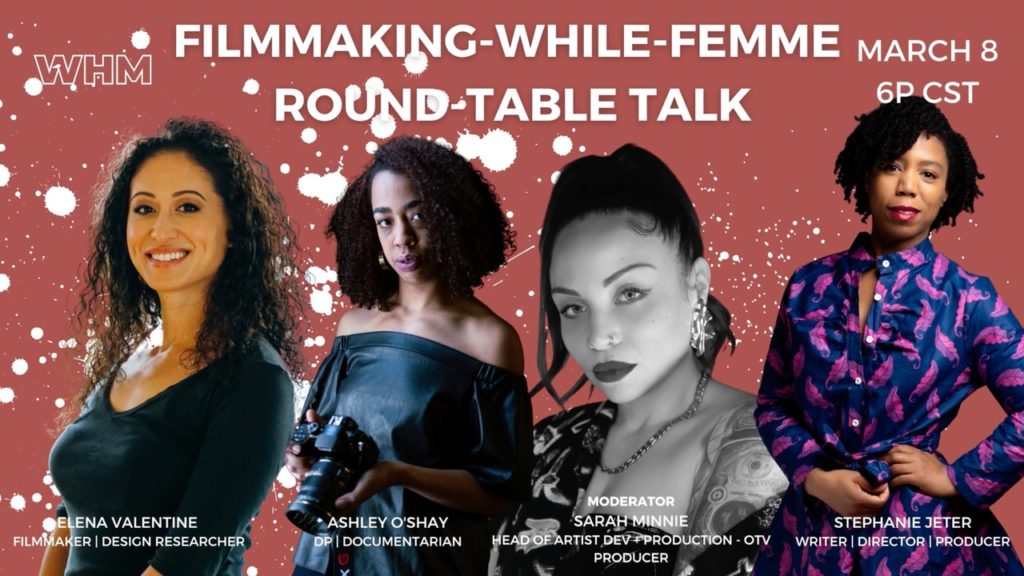
Sarah moderated an engaging conversation with Ashley O’Shay (DP, Documentarian, Director of Unapologetic), Elena Valentine (CEO/Co-founder of Mezcla Media Collective, Skill Scout), and Stephanie Jeter (Writer, Producer, Director, Co-founder of OTV Studio).
Originally held in March for Women’s History Month, this was a space where the artists shared filmmaking while femme tips – including resources that helped them on their journey – and general information that they would impart for the benefit of emerging women and femme-identified filmmakers.
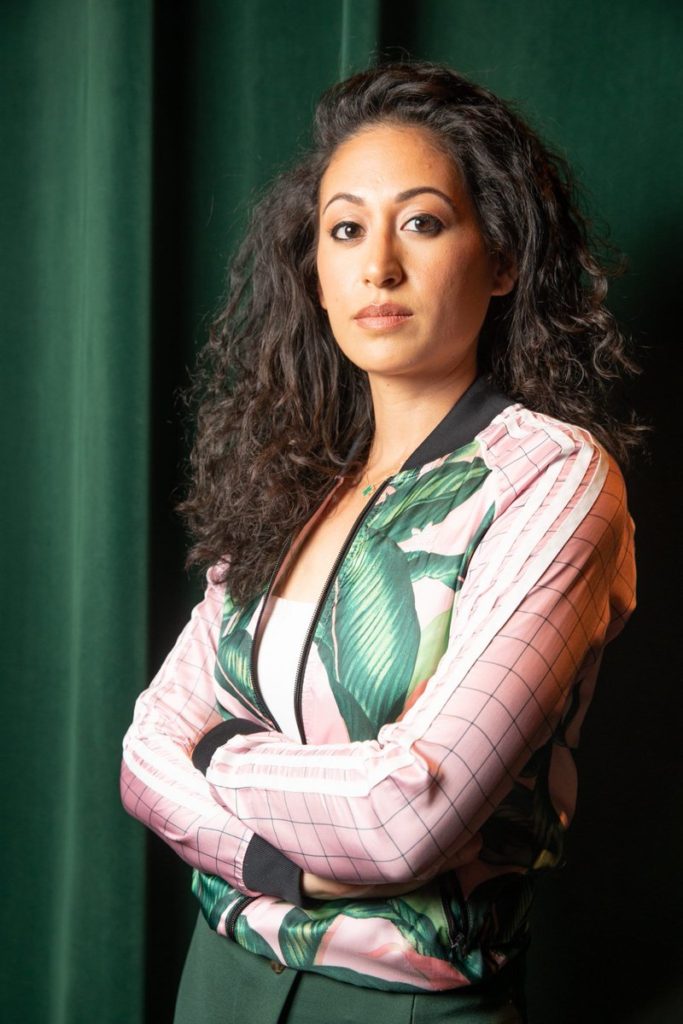
As CEO/Co-founder of Skill Scout, Elena Valentine is no stranger to hiring new faces and creating safe spaces for people to work. She talked about the gap she noticed between employment and young people, which also inspired her to co-create Mezcla Media Collective. Mezcla currently helps “over 600 women and non-binary filmmakers of color in Chicago by building community, increasing skill capacity, and advancing careers.â€
“If I can put women of color and non-binary creatives in the center of my strategy, then everyone wins,†Elena said. “When I can put the most marginalized at the center, everyone feels like they belong.â€
According to the GLAAD Studio Responsibility Index (SRI) 2020 report (which analyzes films from 2019), there were zero transgender or non-binary characters in mainstream releases. Of the 50 LGBTQ characters that were counted, only 34% percent were non-white (11 were Black, four were Latinx, and two were Asian/Pacific Islander.)
“If I can put women of color and non-binary creatives in the center of my strategy, then everyone wins.â€
-ELENA VALENTINE
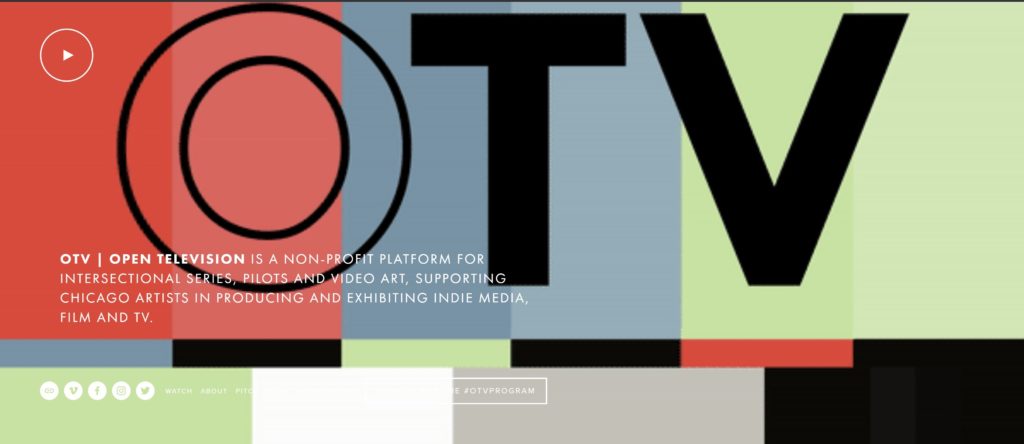
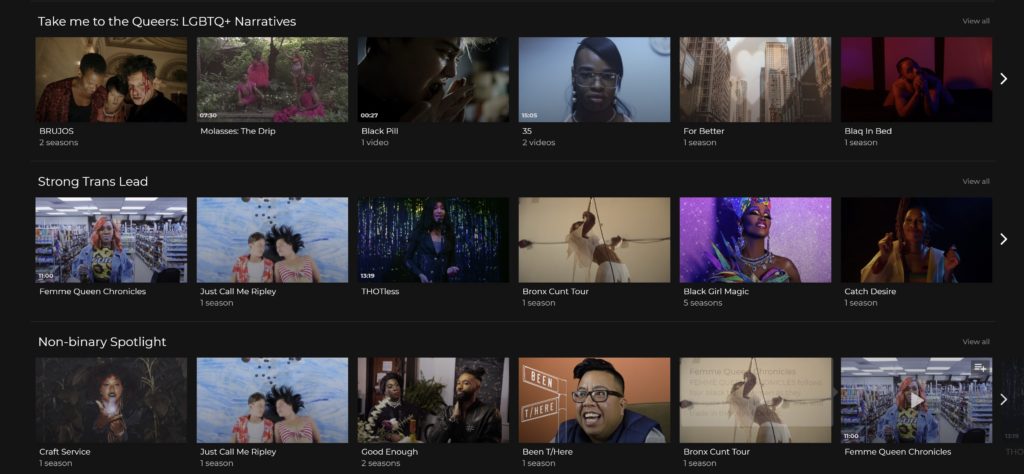
Meanwhile, OTV releases content from a multitude of marginalized identities within the LGBTQ+ community on the regular. On the platform, one can sort through numerous collections such as “Strong Trans Leadâ€, “Non-Binary Spotlightâ€, “Femmes to the Frontâ€- and this is just the beginning of the packed categories they have to offer. Playing the numbers game with some companies nowadays can feel disingenuous, like trying to reach a status quo. But OTV has been about this since it was founded by Dr. Aymar Jean Christian and Elijah McKinnon, in 2015.
“I always prioritize women and femme voices because that intersectionality makes it an even more comfortable experience.â€
-ASHLEY O’SHAY
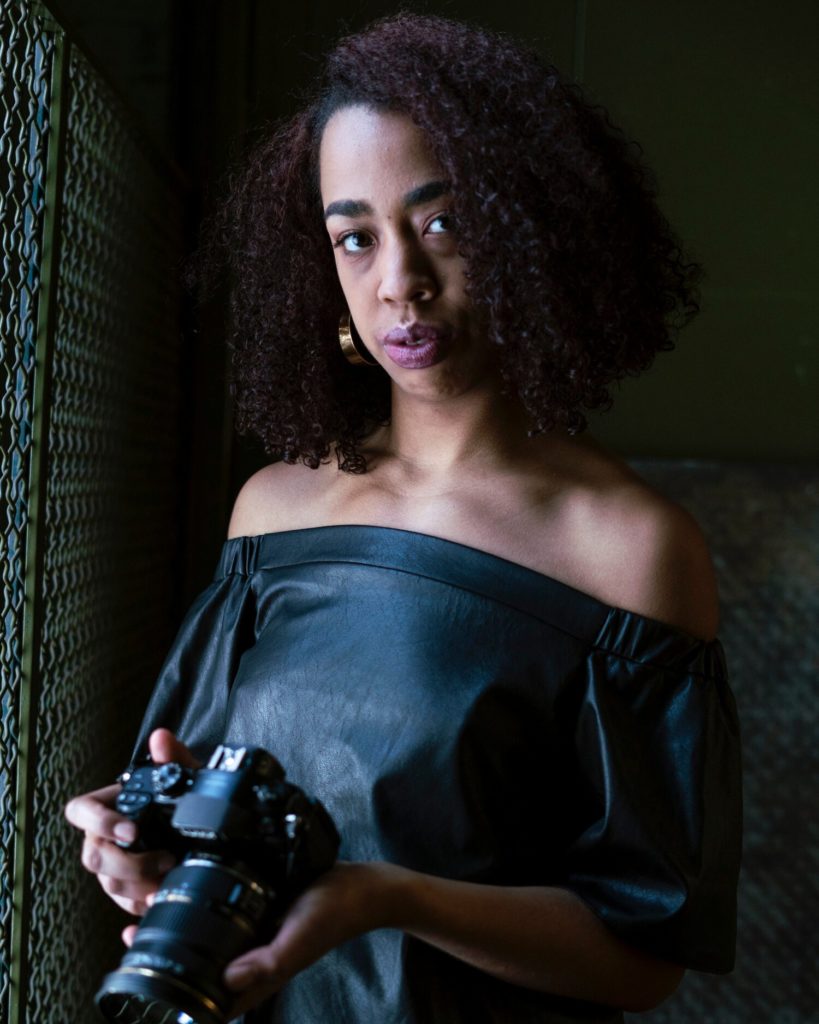
Ashley O’Shay is also familiar with cultivating safe spaces any way she can in her work. Her award-winning film Unapologetic focuses on the story of two young Black female activists fighting for transformative justice, responsible policing, and legal reform in Chicago.
“I was hired to do a commercial spot, and they were like, ‘You can pick whoever you want to be on your team,’†Ashley said. “Whenever they give me that freedom I’m like ‘Ok, I’m bringing people of color, so I hope you’re not racist.’ And even within that, I always prioritize women and femme voices because that intersectionality makes it an even more comfortable experience.â€
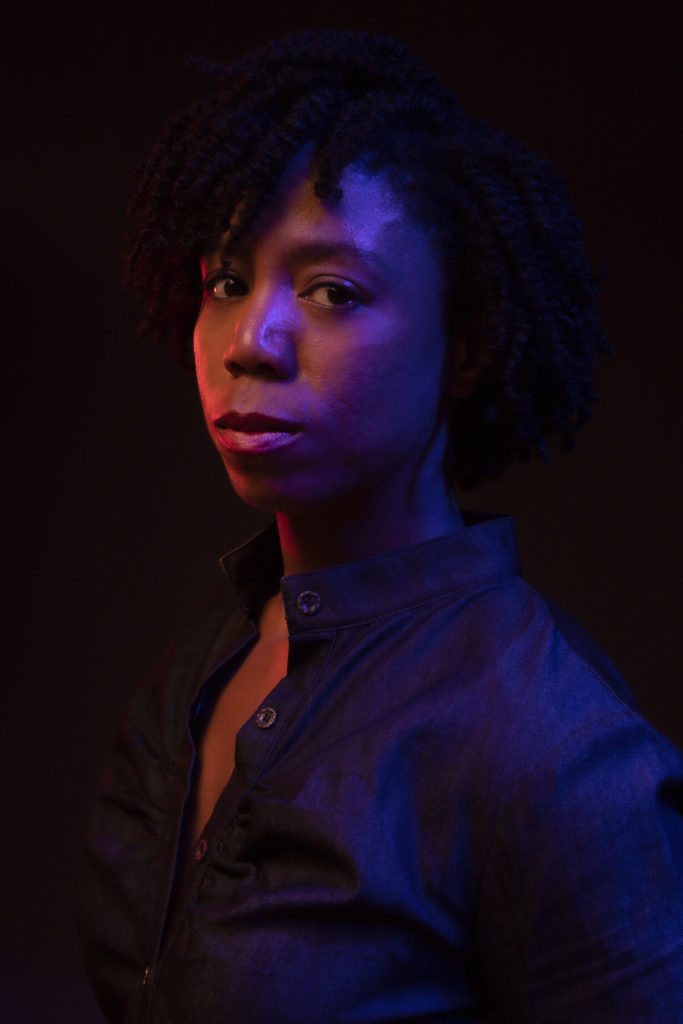
Stephanie Jeter is an OG with OTV, working as Head of Development from 2015-2019. She co-founded OTV Studio, an artist and IP incubator for intersectional creators (which Lily Wachowski recently joined as Head of Creative Development this March). Alongside her role in Development, she created a sci-fi anthology series titled HIVE, which is based in Chicago. Amidst all these accomplishments she’s experienced her fair share of unsafe spaces on film sets.
“I’ve worked with a lot of male directors who yell at people, who come on to crew in ways that they shouldn’t be doing, just all sorts of toxic behavior that we should not allow,†Stephanie recalls. “And nobody has ever uttered the words ‘Oh it’s such a shame because white men are just gonna have it so much harder now because that one dude did that.’ We’ve lowered the bar so low for a lot of men. Cis men- especially cishet white men.â€
“We’re starting to awaken to this idea of pluralism, of abundance. And I think it’s a good moment to be a creator right now.
-STEPHANIE JETER
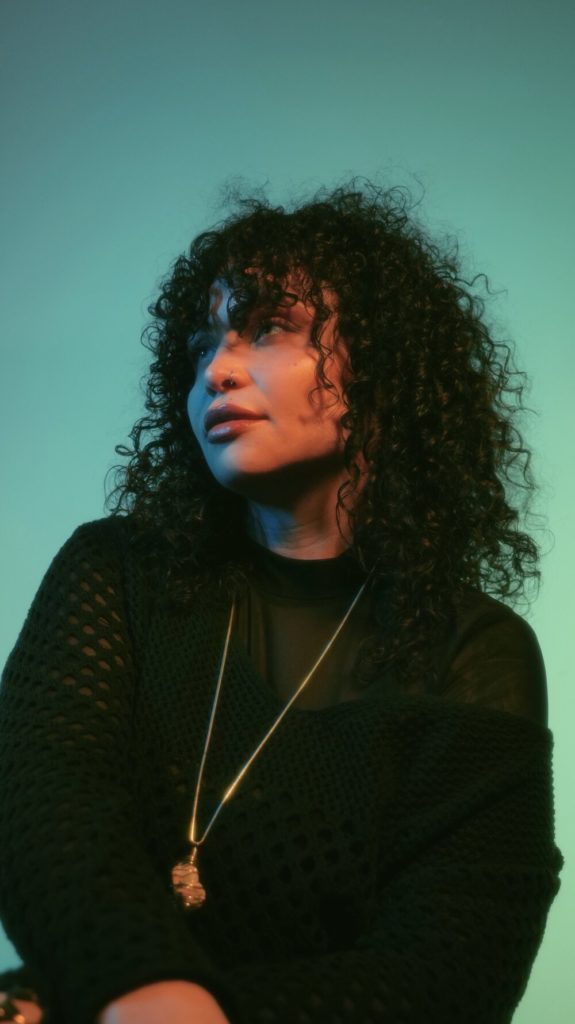
On top of her work at OTV, Sarah Minnie is a filmmaker, creative producer, and director in her own right. She produced OTV’s award-winning original The Right Swipe. With her production company Minnie Productions, she recently produced, co-created, and co-wrote artist Maggie Kubley’s “COME OVER†music video (which premiered at the Pivot Arts Festival: “Reimagining Utopiaâ€.) She emphasizes the importance of safe space, and that advocating for yourself is a priority but also a practice.
“I’ve worked on these studio sets, where crews from LA/studios from LA come in, and it’s toxic. People are yelling at each other… being volatile. To me, that’s not why I’m doing this!†Sarah said. “I’m not doing this to listen to Bilbo Baggins the [assistant director] yell at me because a [production assistant] had to go to the bathroom. That’s not why we are all creating.â€
I’ve also been in positions similar to that of the production assistant who was screamed at because they had to go to the bathroom. As a creative/artist navigating the film industry, I’ve been in those spaces where I felt unsafe, unable to let my guard down. One experience affected me so much I subconsciously refused to step on a film production for almost two years after the fact.
But for a moment it really made me want to change the film industry. I wanted to change the status quo of how these sets were run. I no longer wanted to work with people who had 40 years of experience if that meant their egos were as high as the Eiffel Tower. I would rather work on a set full of amateurs that are figuring it out together and respecting one another, versus a tyrant who knows it all but will destroy your spirit. But at the time, I was constantly told “that’s just how it isâ€.
After discovering OTV a while back, and especially after hearing this roundtable talk, I’ve been more hopeful that this will no longer be “just how it isâ€.
“I truly believe that our ways of creating brave spaces are going to be the standard practice for running sets, eventually.â€
-SARAH MINNIE
People are doing the work to discontinue this cycle of hate, toxicity, ego, and abuse on film/production sets. Productive conflict resolution is being fostered and developed. More importantly, these are sets not made up of only/majority cishet white men. These are black artists and artists of color who are non-binary, trans, femme, queer… these are underrepresented voices expressing themselves through their art and projects. They’re able to create from a space of authenticity, not just to be represented.
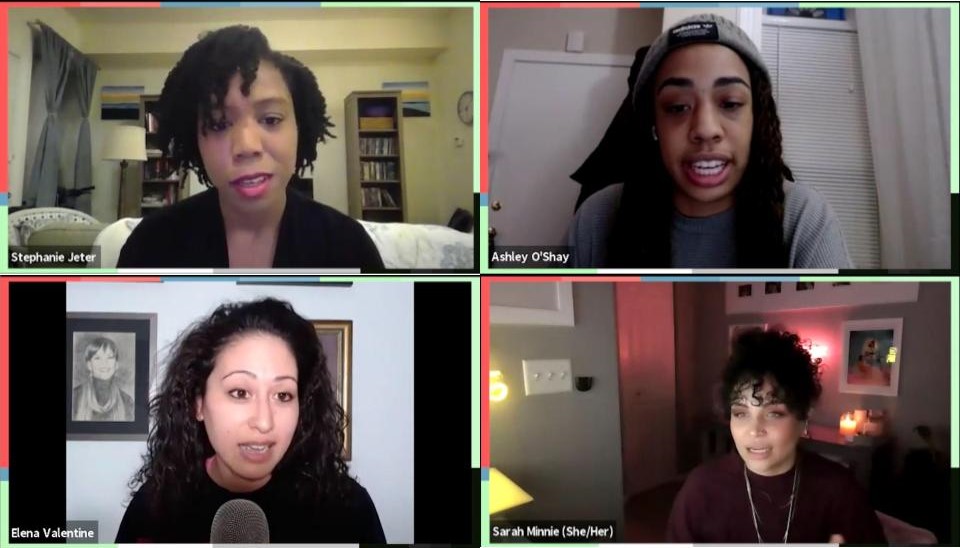
“What I found inspiring is that everybody had a common thread of like: This shit isn’t easy,†Sarah laughs. “This shit is not easy, whatever it is in the filmmaking world that you’re trying to do. But it’s worth it and you’re capable of it…I truly believe that our ways of creating brave spaces are going to be the standard practice for running sets, eventually.â€
Filmmaking While Femme: Roundtable Talk is available to stream with an OTV subscription at weareo.tv
Special thanks to Sarah Minnie, Swank PR, and Briahna Gatlin for making this story possible!


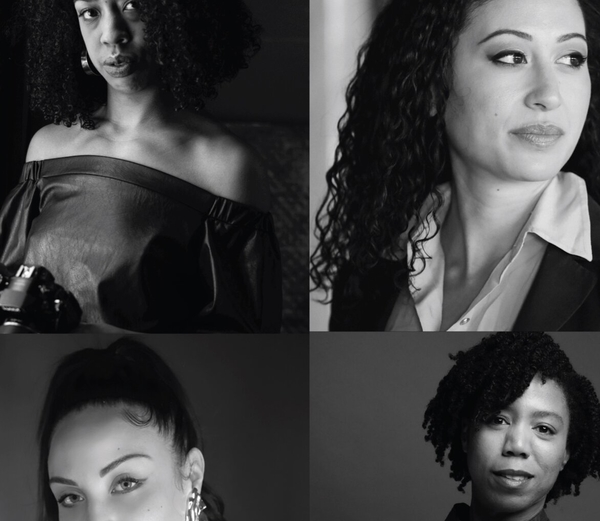


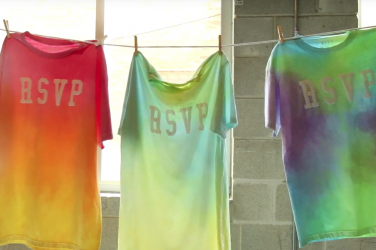
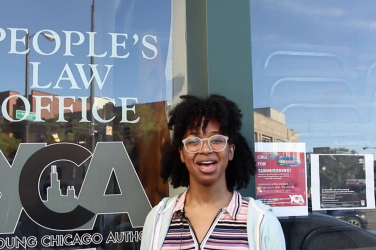
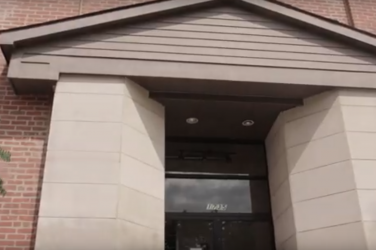
Show Comments (0)